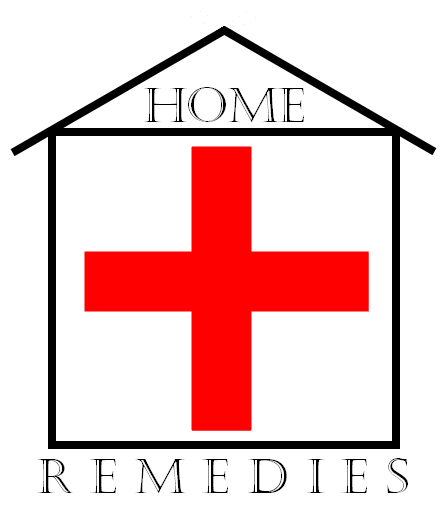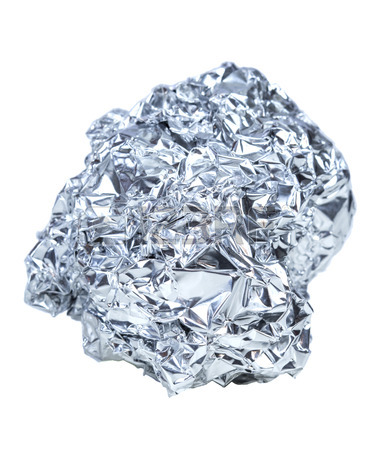
I have a terrible habit of burning myself in the kitchen. I don’t know why – it just happens. Yesterday was no different than any other day. I grabbed a hot cookie sheet with my bare hand, and scorched my poor fingers and palm.
Ouch!
Luckily, I tried a few home remedies to treat burns with some success. Although today I do have a couple small blisters, the pain is no longer excruciating. I can also type again, so that’s a plus!
Before I get into the home remedies to treat burns, I have to write a small disclaimer here. I’m not a doctor or any other type of medical professional, nor do I even play one on the Internet. I’m simply stating a few different ways to treat burns (minor ones!) at home, and telling you what worked for me, and what didn’t.
So, now that that’s out of the way, let’s get down to it…
Home Remedies to Treat Burns
- Cool the Burn
When you first get burned, cool the area as quickly as possible. This will help minimize the sting of the burn and help stop the burn from spreading. You can use cool running water, cold wet cloths, or an ice pack wrapped in a towel. This is always one of the first things I do to treat burns, and it’s this step that I believe saved my hand from becoming even worse yesterday.
- Aloe Vera
Aloe vera gel is one of the most common home remedies to treat burns. Real aloe vera gel from an actual aloe vera plant is best for this. Split one of the succulent leaves open lengthwise, open it up, and lay it on the burned area. You can also use bottled aloe vera gel, but make sure it contains 100% aloe vera gel, or at least close to it. Using aloe to treat burns can help cool the area and prevent infection later.
- Honey
Honey is often used to treat burns at home because it can supposedly reduce the sting of the burn drastically. To get pain relief, it’s best to slather a decent layer of honey onto the burned are and leave it set for several minutes. Since it’s pretty sticky, I’d highly recommend covering it in gauze as well. Honey also has natural anti-bacterial properties, so it can also stave off an infection.
- Over-the-counter Medicines
Analgesic burn sprays can work wonders for taking the sting out of a minor burn. You can also take an over-the-counter pain reliever, like ibuprofen or acetaminophen. These can help numb the pain and reduce swelling in the area.
- Vinegar
I’d never heard about this method to treat burns until yesterday. I found it while I was simpering and crying in the corner and searching for anything – ANYTHING – that could take the pain from my burn away. And I have to say, it actually worked! As a last resort, I poured vinegar on my hand, and after a few minutes the pain was bearable. The pain almost completely vanished a short time after that. I may have smelled like salad dressing, but I am now a believer! Vinegar is a natural antiseptic, so it can also help prevent infection in the area.
How NOT to Treat a Burn
You’ve probably heard all sorts of hair-brained home remedies to treat burns. However, some common home burn remedies can actually make your burn worse. Here are a few…
- Butter
Never put butter on a burn! It can trap heat, making tissue damage worse, and it can introduce bacteria to the area, which can cause an infection.
- Petroleum Jelly (Vaseline)
Never put petroleum jelly or any other type of petroleum product, like Vaseline, on a fresh burn. Like butter above, it can actually trap heat, making the burn worse. You should first cool the burn, and apply antiseptic cream, like Neosporin, later if you want to reduce infection.
- Egg Whites
Applying egg whites to treat burns is one of the worst ways to treat burns. It provides no more relief than cool water, and it can actually introduce bacteria to the area, causing an infection.
- Ice
Cool water and ice packs are great for burn relief and preventing more damage from a burn. However, keep in mind that you should never apply ice or any frozen material directly to the skin. This can actually cause further damage to the area. Instead, wrap ice, an ice pack, or a bag of frozen vegetable in a soft towel before applying it to the area.
When to Call a Doctor to Treat Burns
There are some times when you shouldn’t attempt to treat burns at home. You should call a doctor to treat burns for:
- third- or fourth-degree burns
- chemical, electrical, or radiation burns
- difficulty breathing
- large burns on hands, feet, face, groin, buttocks, or a major joint
- first- and second-degree burns covering more than 15% of the body
- third-degree burns on 2% of the body or more
- signs of infection, including increased redness, swelling, and pain, as well as foul smelling discharge from the burned area
- any other complications that may have arisen with the burn, such as trouble breathing, smoke inhalation, or possible fractures






